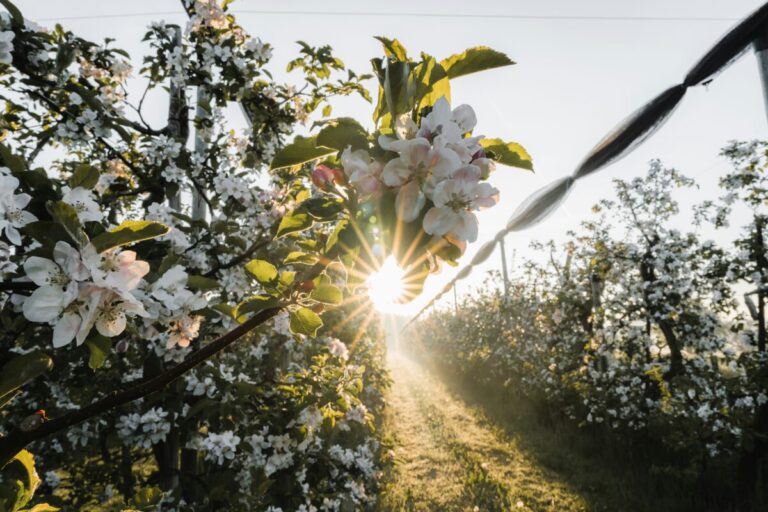A new study from Germany shows that consumers may have a high willingness to pay (WTP) for apples produced in agrivoltaic facilities. The research also highlighted that consumers also take into account parameters such as organic farming, plastic use and origin.
Researchers from the University of Goettingen in Germany and the Copenhagen Business School in Denmark conducted a discrete choice experiment (DCE) to investigate whether consumers are willing to pay (WTP) for apples produced in agricultural voltaic plants.
DCE is a quantitative methodology that states that individuals make trade-offs when choosing an alternative to a product or service. It is often used to explain or predict a choice from a set of two or more discrete alternatives.
The group surveyed 1,055 respondents, with the satisfaction index including characteristics such as organic farming, green electricity, plastic use, pesticide use, water use, origin and price.
“In the sample, 13.7% of participants indicated that they rarely buy apples, 38.9% rarely, 38.0% often and 9.4% very often,” the group explains. “Almost a third (67.3%) had never heard of agrivoltaic energy, and 76.9% of participants would buy fruit from the agrivoltaic installation. Only 2% refused to buy fruit from agriculture.”
The survey also found that organic farming was the preferred attribute at 31.78%, followed by green electricity (31.40%), pesticide use (29.63%), origin (29.54%), plastic use (26 .99%) and water use (26.23%). and price (25.0%).
“The highest WTP was achieved for ‘produced in Germany’ (€ 0.54), followed by ‘with reduced plastic use’ (€ 0.43) and ‘with production of green energy’ (€ 0.40),” the researchers emphasized. scientists. “Because the utility for the ‘regionally produced’ level was negative, the WTP also showed a negative value.”
They concluded that consumers derive additional utility from the levels of each attribute associated with agrivoltaic energy.
Their findings can be found in the article “Consumer preferences and willingness to pay for farm-raised apples”, which was recently published in the Magazine for cleaner production.
In March, another research group from the University of Goettingen presented the results of a survey showing that 72.4% of farmers in the country are considering the deployment of an agrivoltaic project. As one of the key factors behind this choice, the researchers identified the additional source of income coming from solar energy generation and the perceived usefulness of the technology.
This content is copyrighted and may not be reused. If you would like to collaborate with us and reuse some of our content, please contact: editors@pv-magazine.com.


